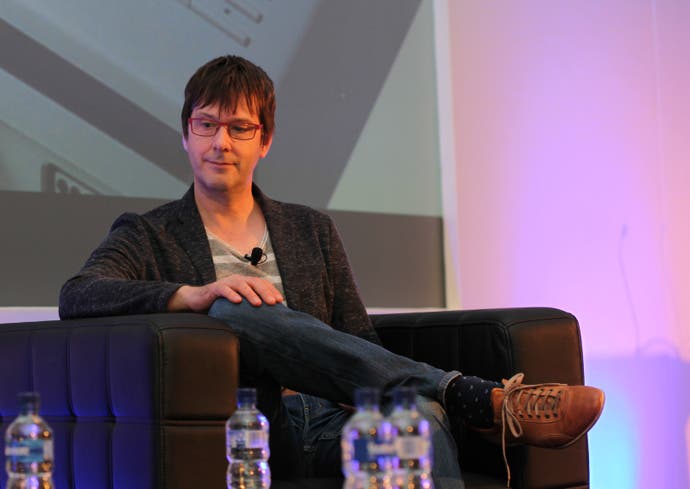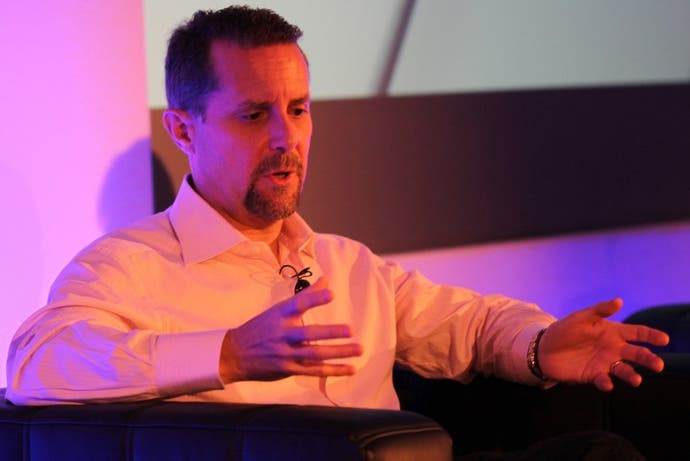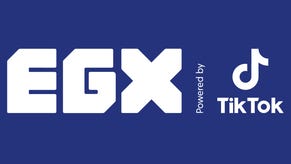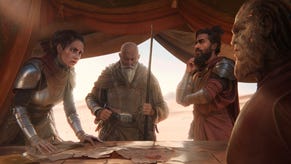Sony boss talks of "sleepless nights" when trying to balance PS4 capabilities and price
And the "bitter and painful experiences" faced with PS3.
Sony Computer Entertainment boss Andrew House has spoken of the internal discussions held within PlayStation as it attempted to balance the priorities of a PS4 with beefy technical specifications and a console able to launch at an affordable price point.
Speaking during this morning's keynote speech at Develop 2014, attended by Eurogamer, House mentioned the "sleepless nights" he faced as the conflict between the two lay unresolved.

"We were balancing priorities and a lot of the philosophy that underpinned PlayStation 4 came from our experiences with PlayStation 3," he explained.
"Sometimes these priorities were almost in conflict with each other. We absolutely wanted to build a platform with strong momentum out of the gate and that, from my point of view, necessitated a certain hardware price point and value proposition that could be more than just a niche market from the get-go."
But at the same time PlayStation 4 lead architect Mark Cerny - also in attendance this morning - was touring developers and painting a picture of PlayStation 4's user experience and the ease of development it would offer. These were elements Sony wanted to improve on after "bitter and painful experiences on PlayStation 3".
"We had to make a call and it was another sleepless one for me," House continued. "I think we have a fantastic hardware procurement and design group that can achieve the economics of a platform over time.
"I essentially put a bet that if we went out there with this and made a strong financial commitment upfront, there would be other ways to offset and mitigate that. First and foremost that was ease of development and great experiences, and we would manage the financial implications in some way."
Financial implications such as the choice to include a hard drive with PlayStation 4 rather than flash memory or another alternative. It was a billion dollar decision for the company.

"Hard drives are expensive, and it's not like you can put half a hard drive in a console," Cerny explained. "The alternative is flash but you can't put much flash memory in it. We went through all the pluses and minuses - many minuses - of not having a hard drive... the conclusion was we needed to include one and it cost a billion dollars."
RAM was another issue. "In the early days we were thinking do we need 2GB or do we need 4GB?" Cerny added. The final decision to choose 8GB was, again, "very expensive".
House's job was to work out how decisions like this would affect the PlayStation 4 business model for years to come - how it would impact the launch price, but also the console's future price drops and other deals. Choosing expensive technology had "massive implications", House said, but not including such things risked the vision of the platform Sony wanted to built.
"Financial issues aside we had to strive for a certain level of experience to get users to embrace a brand new platform," House explained.
"Does every player need to play Watch Dogs the way it was intended? If you wanted to save money, unfortunately the answer is yes," Cerny concurred. "Watch Dogs is a title that needed 15GB cached [storage memory], a very fast media like a hard drive to be the game people wanted it to be. [Having a hard drive] was embedded in such a basic level of what developers were thinking of making."
The proof of those difficult decisions, however - the 7 million PlayStation 4 consoles Sony has sold to date - is plain to see.






.png?width=291&height=164&fit=crop&quality=80&format=jpg&auto=webp)

